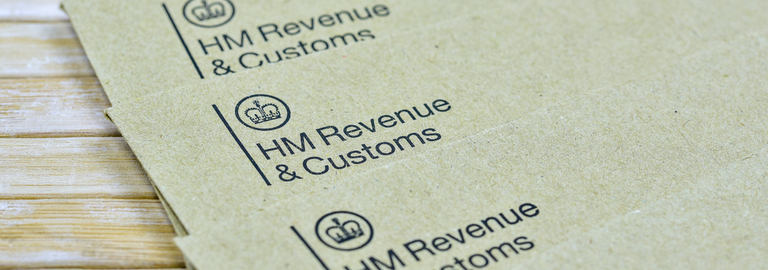ICAEW and ACCA slam “poor” HMRC performance
The watchdogs say that a lack of resources are to blame
The watchdogs say that a lack of resources are to blame

The Institute for Chartered Accountants (ICAEW) and the Association for Chartered Certified Accountants (ACCA) have urged HMRC to address “poor service levels”, claiming that a lack of resources will prevent it from upholding Charter commitments.
In a report, the ICAEW scrutinised HMRC’s “performance against the standards in the charter”. The report is largely based on feedback gathered from the body’s members.
“HMRC has struggled to maintain business-as-usual service levels during the pandemic and cannot improve without resource.
“It has also struggled to provide a satisfactory level of operational business-as-usual performance, let alone update its systems to improve online services for taxpayers and agents.”
The latest iteration of the HMRC Charter was published in November 2020. Key points included bolstering its decision appeal system, being responsive to complaints, and providing clear and consistent information.
The ICAEW also cites specific areas such as the trust registration service and the online portal for reporting capital gains as HMRC failures, claiming that they have introduced “many additional problems”.
ACCA’s Glenn Collins echoes the ICAEW’s stance, also noting a stark lack of investment, and arguing that a number of businesses and individuals have suffered as a result.
“A lack of necessary investment risks has damaged the relationship HMRC has with compliant taxpayers and agents,” says Collins, who serves as the body’s head of technical, policy and strategic engagement.
“The people who end up holding the cost and inconvenience are taxpayers and accountants. The cost is being pushed down to those who are causing the least problems for HMRC. You simply have to look at the delays in VAT registration for new businesses, who are looking to pay VAT to the exchequer but can’t get registered.”
Collins adds that the “hassle” factor is what’s often so costly for businesses, and that it punishes businesses that are “trying to do the right thing”.
However, both parties go on to acknowledge areas of commendation for HMRC, with Collins in particular noting that strong efforts have been made in spite of recent disruption.
On May 24, the authority confirmed its new flexible working policy allowing nearly 64,000 workers to remain partly remote post-pandemic. The changes are being implemented as part of a wider HMRC overhaul to address what chief executive Jim Harra described as a “crisis” of pay and working conditions.
“It’s a journey for them. It must be recognised that they are striving to meet their Charter in very challenging times,” says Collins.
“We’re very pleased with some of the areas that we think are going very well. There are a whole load that are falling down, but I suppose as you implement things, there are going to be inconsistencies in there. This is a work in progress and we’re keen to help and support HMRC where we can.”
The watchdogs argued for swift reform in their final thoughts, calling for HMRC to publish clear recovery plans and to work more closely with various professional bodies to improve service levels.
“What we would say to HMRC is get your reforms in place and do them as quickly as possible,” says Collins.